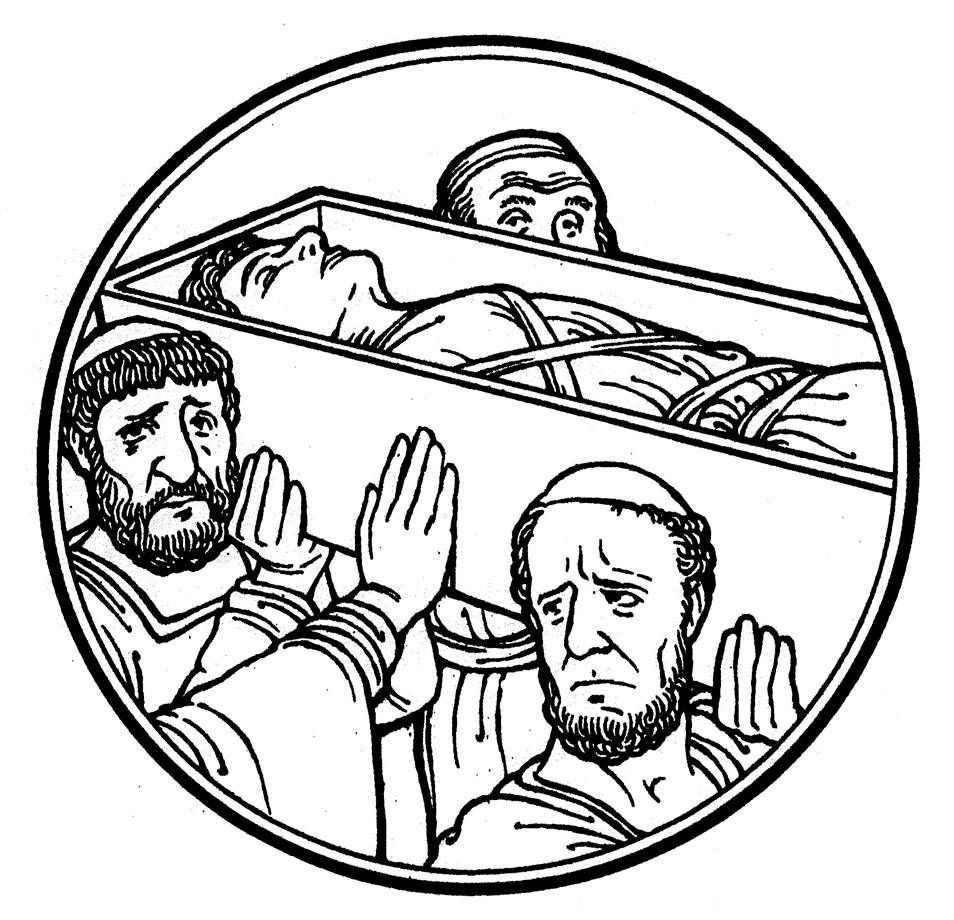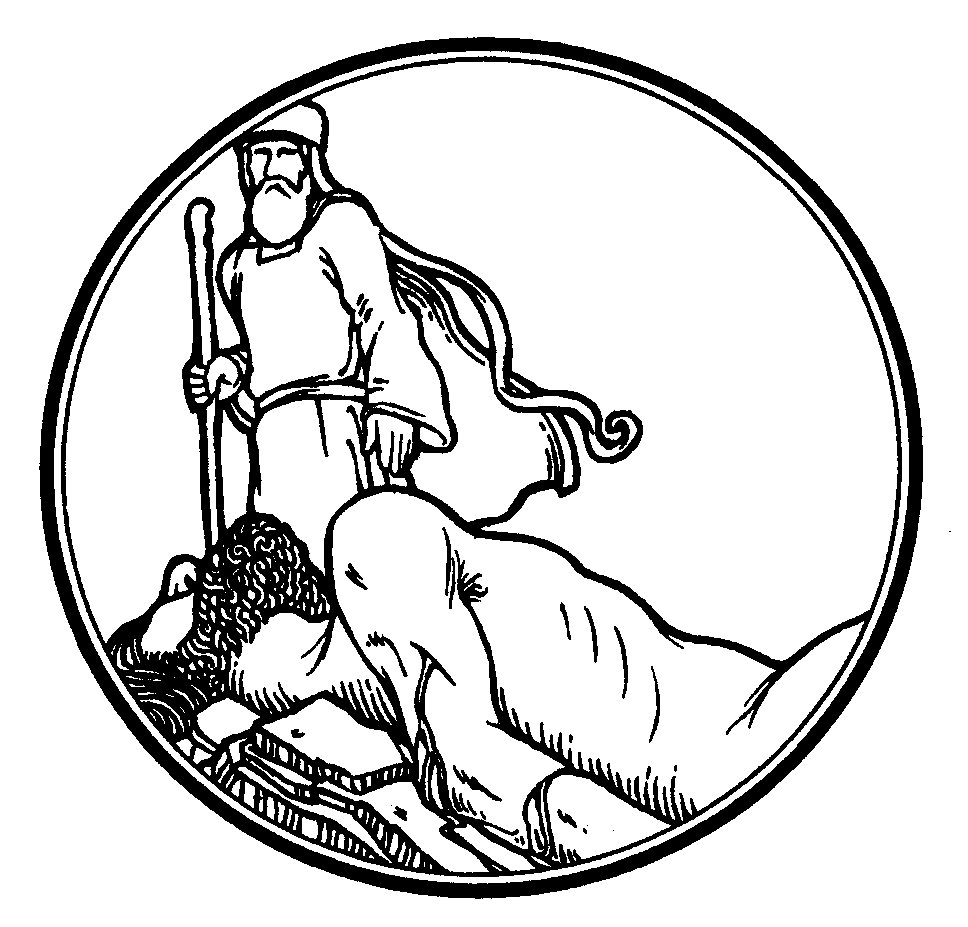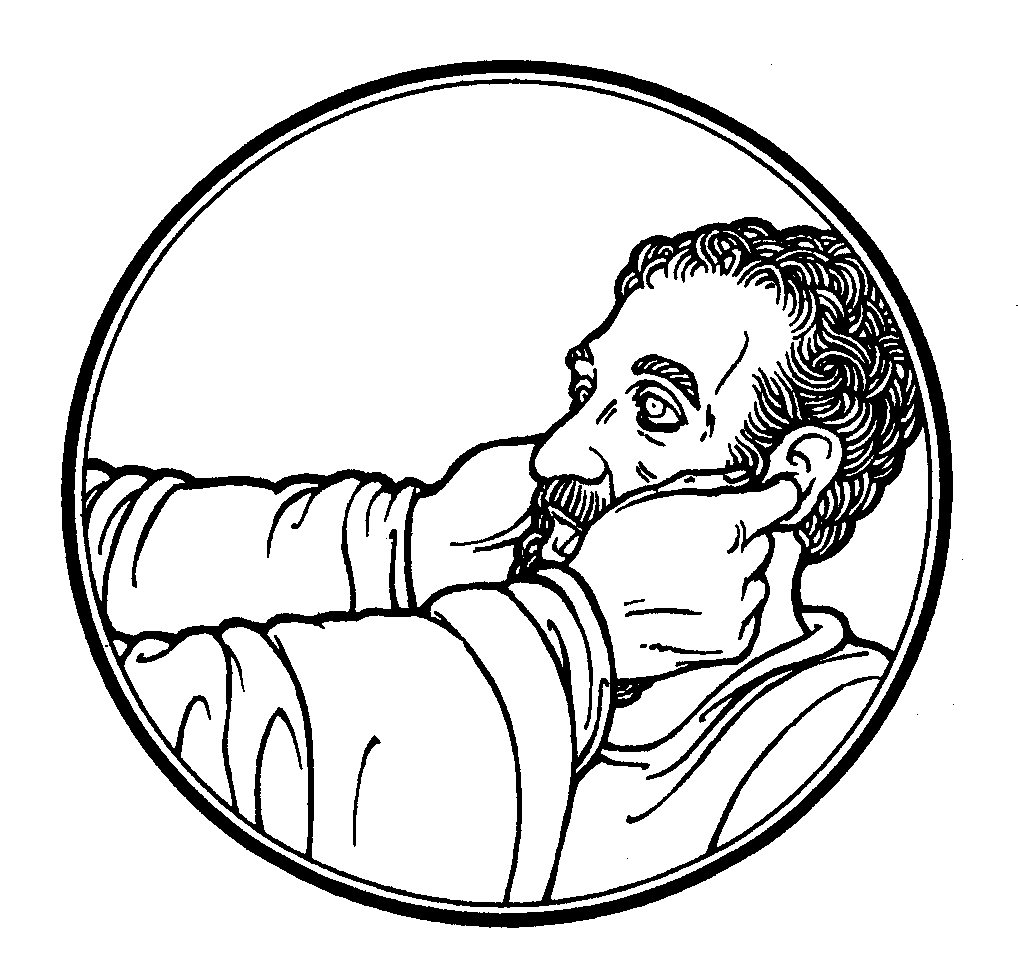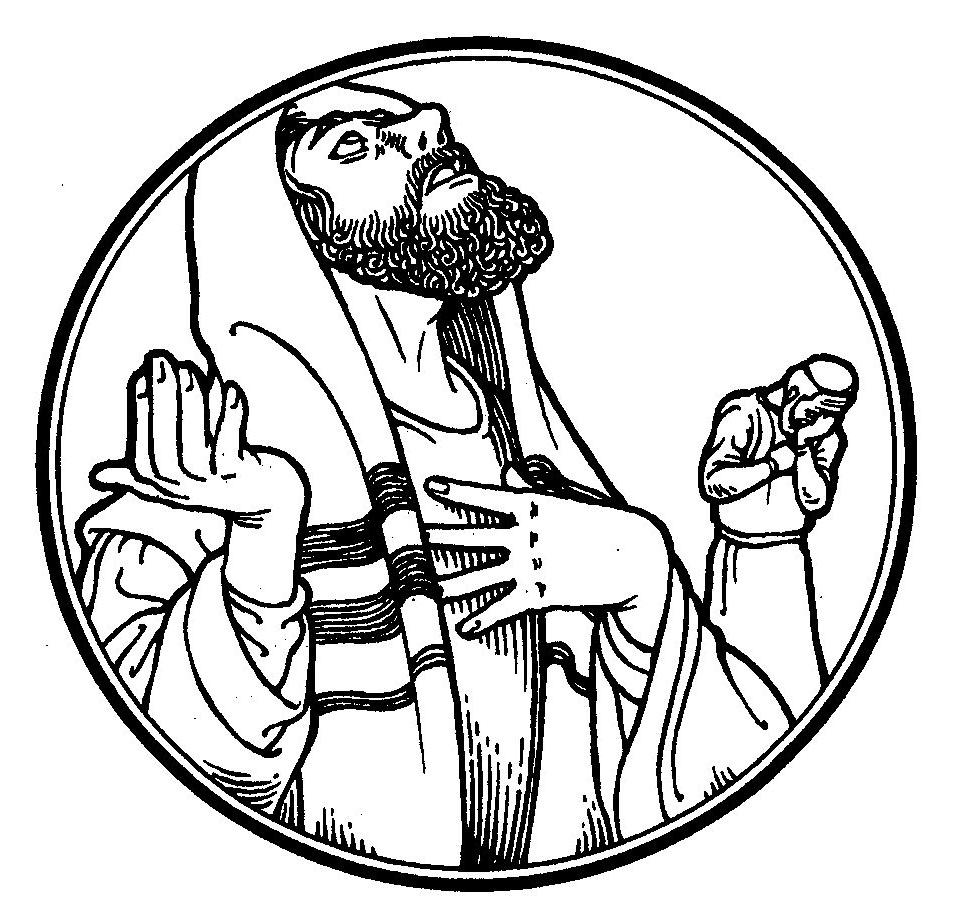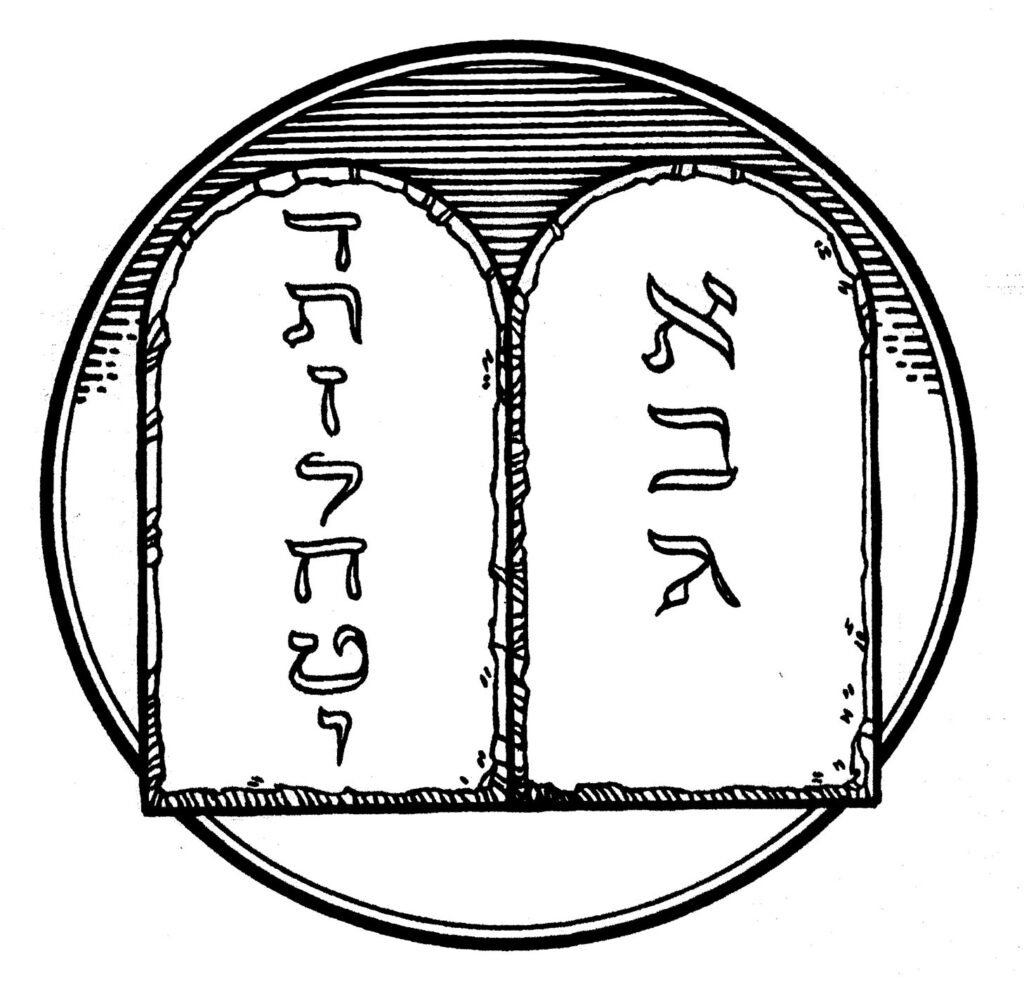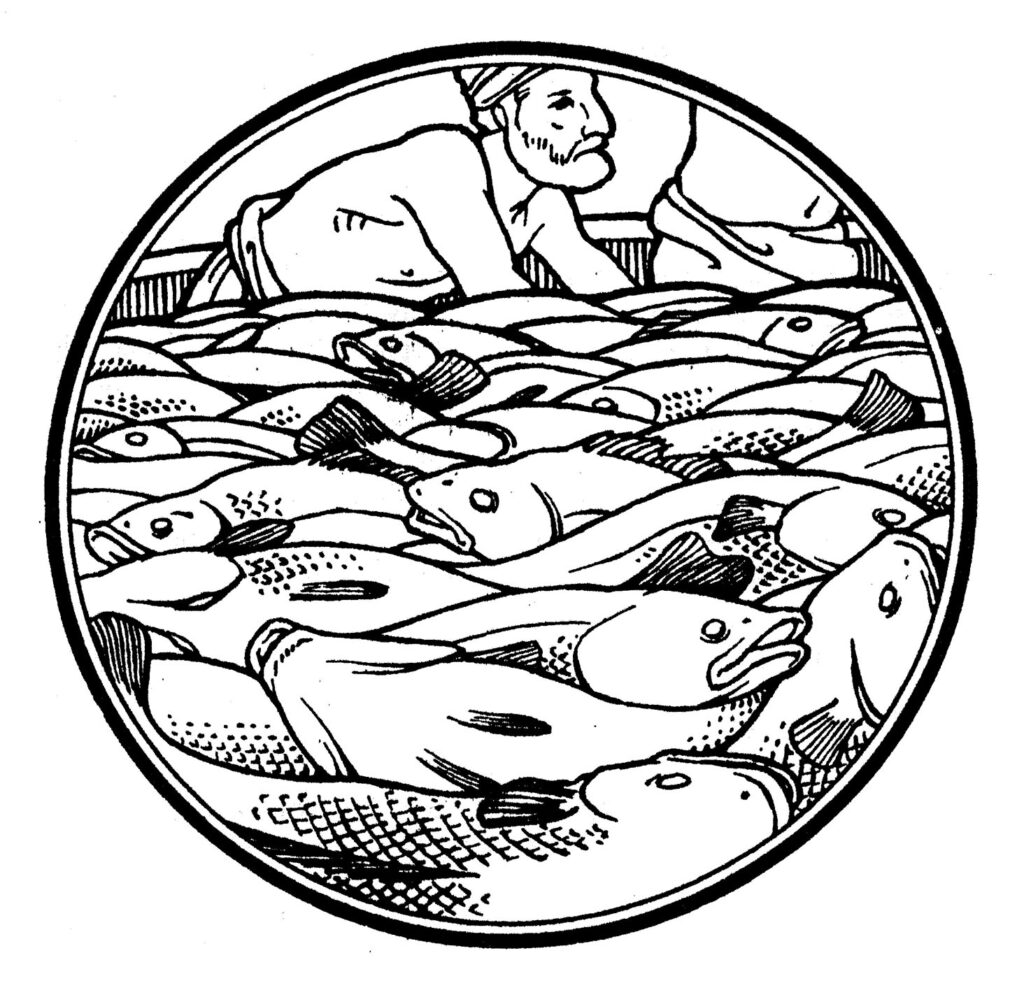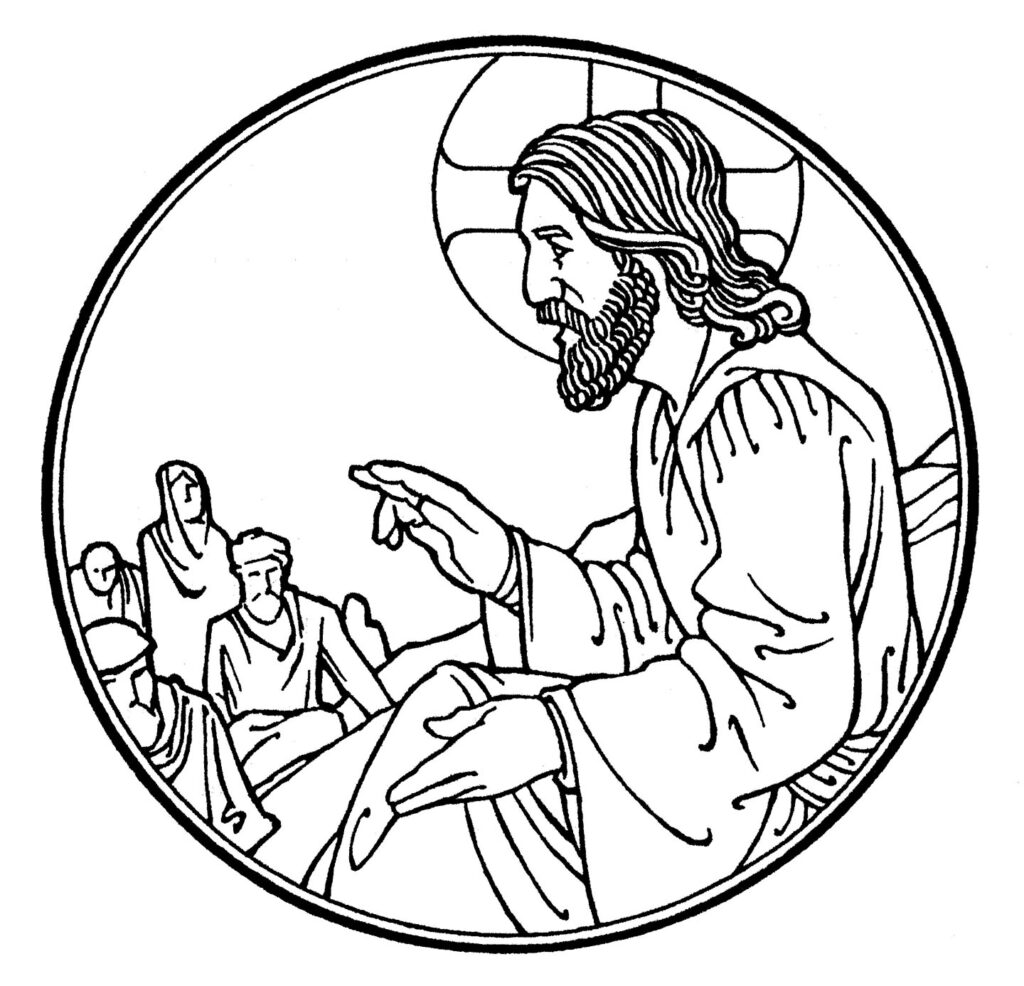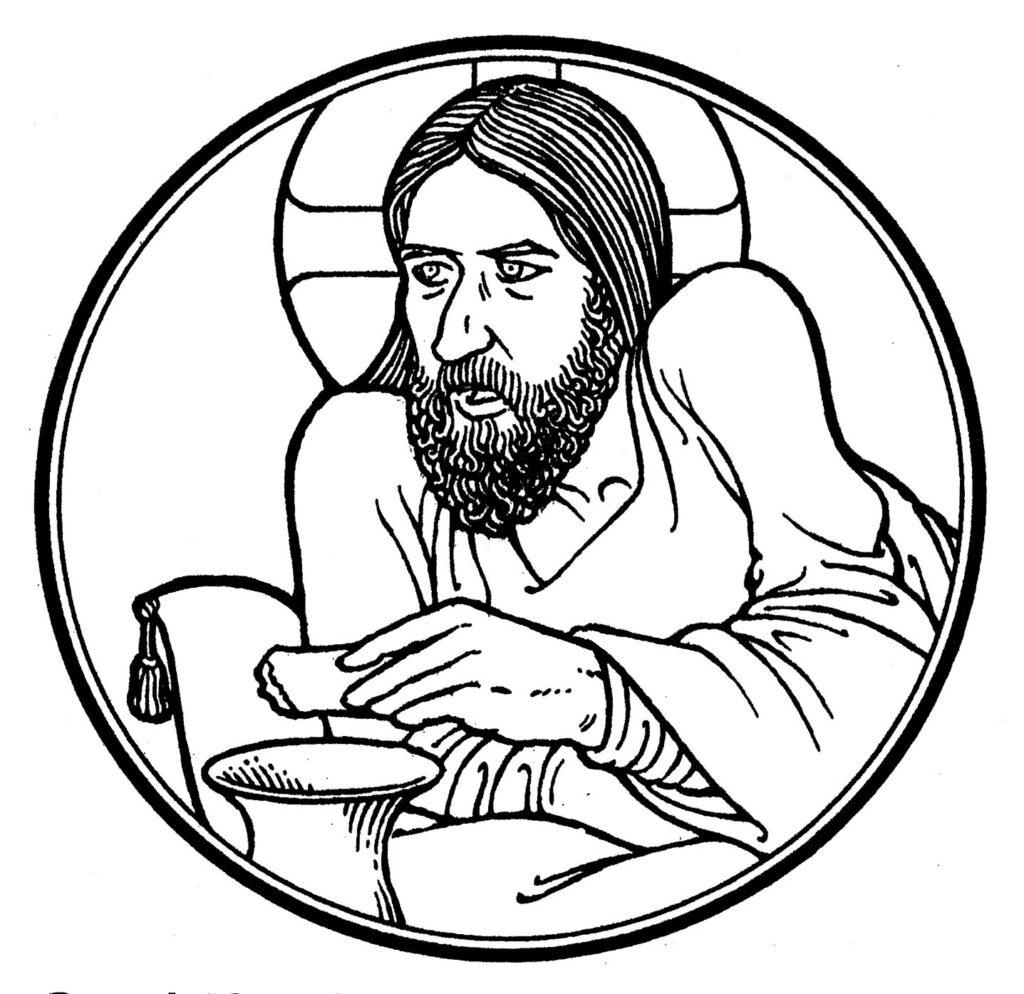
The word Sabbath is rooted in God’s resting on the 7th day following the six days of creation. Genesis chapter 2 says: So, God blessed the seventh day and made it holy, because on it, God rested from all His work that He had done in creation. Sabbath comes from the Hebrew verb “sabat”, meaning to stop, to cease, or to keep. On the Sabbath, then the Jews of the Old Testament were to stop their working and rest. However, the Sabbath is more than cessation or stoppage of labor. Resting in bed all day does not amount to a keeping of the Sabbath. According to Isaiah 58 the Sabbath is to be a delight and joy (Is. 58:13).
The Pharisees in much the same way as everything else, got hung up on the keeping the Sabbath. They were so focused on the rules against work, that they actually made, “resting” a work! They used the Sabbath to exalt themselves in their sense of righteousness. “See how much I am resting, I only took this many steps today, just enough to get to the synagogue and back”. They hired others to work for them and serve them, so they could rest while others worked around them. They forgot the whole purpose as to why God had given the Sabbath.
As the explanation to the third commandment points out: the Sabbath is not just about not working, but it is about worship: about resting in God: the God who does not rest! Receiving from God through the work of the priests and Levites on behalf of the people in the OT and through the Divine Service in the Word and Sacrament in the NT. In the Old Testament on the Sabbath, additional sacrifices were offered (Num 28:9-10) at the temple, and the special shewbread was to be set out “sabbath after sabbath” to signify Israel’s commitment to the covenant (Lev 24:8). There were morning and afternoon services at the synagogue, and in their homes, the Jews would recite scripture and benedictions, that is blessings from God. To help reflect the joyous character of the Sabbath there was a Jewish tradition of eating richly on the Sabbath, (Lev 23), and they were not to fast on that day, and it was forbidden to go about with outward expressions of grief and mourning.
The Sabbath was always a gift. As Jesus would say in the Gospel of Mark: “the Sabbath was made for mankind not mankind for the Sabbath” (Mark 2:27). In other words, God gave the Sabbath as a gift. His telling them to observe this is what we sometimes call a gospel mandate. This do for your good. Like eat this or drink this, it is good for you. The spirit not the letter. The Sabbath was an Old Testament means of grace a Sacramental giving from the Lord. It was not so much about physical rest as it was an opportunity to receive from Him, grace, mercy, and spiritual rest. Yet, humans seem to be wired to take the gifts of God and make them works. Even today, the Protestants or RC see Gospel Sacramental instruments as our works or evidence of our obedience. But the sacraments, the Word of God, the Sabbath are not objects or instruments of the Law, but instruments delivering God’s grace and mercy and rest from sin, sorrow, guilt, and trouble.
We saw and heard that difference in understanding in this morning’s Gospel. The Pharisees had invited Jesus to come and feast with them, but they were observing Him to see what He would do. It is possible that they arranged for this man who had this dropsy to make an appearance to test what Jesus would do. And what did he do? He showed mercy. This is the true meaning of God’s Sabbath. The keeping of the Sabbath is not about exalting oneself or being lazy or even using it as another work day, but it is a day specifically set aside to receive mercy from God and/or showing mercy to others who need help physically and spiritually. AS Jesus said elsewhere: “it is lawful to do good on the Sabbath”. Just as naturally as one would rescue an ox or a child who has fallen into a well on the Sabbath, so too then Jesus as Lord of the Sabbath, and God in His Word and sacraments act with the interest of life and salvation, for us, and for all people.
This is so important, because we have sinned and cannot become righteous by our keeping of the Law. We dare not try to keep the Law and say that we are more righteous than others. At the same time, we should not abuse God’s gifts as we so often do. Even though the Sabbath is given by God to deliver His grace and Gospel, how often do we see it as a day where church is optional, where we can sleep in, or go do or watch sports? Maybe we see it as an opportunity to do make up work for ourselves that we didn’t get to during the week. But what is an hour or two out of your day to receive that which is needful?
No let us humble ourselves, let us call out from the wells and pits into which we have willfully stumbled and fallen into. Crying out for God’s help to rescue us from our sin, our pride, our messed up sense of priorities.
And Jesus does come to our aid. God sends Him to rescue us from the pit or well of spiritual death into which we have fallen by our sin. Jesus who was and is the exalted son of God, humbled Himself to be joined to human flesh, humbled Himself even further by becoming the servant of all, taking upon Himself all sin and sorrow taking it to the cross and dying to pay the price of your sin and win our forgiveness. The forgiveness of sins which is given here in His Word and His body and blood. This is what we need for our life now and forever in eternity. No other gift and rest will do. No other gifts grant mercy, healing, and forgiveness from God in Jesus Christ. God rested on the original Sabbath before the Fall and in a sense Jesus rested in the tomb on the Saturday after the crucifixion, but that was it! God works on the Sabbath, He works on the 8th day to redeem you by His death and resurrection!
Therefore, do not be like the Pharisees and exalt yourself because you are here and “putting in your obligation of time”. This does necessarily not mean that you are more holy simply because you woke up and made the effort to come here this day and are therefore a better person than those who are not here. Are you here for the right reasons? The best reason is because you know what is here for you. How desperately you need God’s mercy and forgiveness in order to be refreshed and strengthened spirit, mind, and body in Jesus Christ for the new week? If that is not your main reason, then humble yourselves in sincere repentance for your sin, knowing that this is why you need God’s Sabbath grace and rest in Him. This place of all places on earth, is where He promises to give us His true rest as He says, “Come unto me all you who are weary and heavy laden and I will give you rest.” He gives you rest for the work that He has given you to do as His child to do it well and faithfully.
When God created all things and gave unto Adam and Eve the stewardship of creation on the 6th day, he did not put them to work immediately, instead, on the 7th day He gave them a day of rest, a day to be refreshed in His grace to have the right mindset and heart to do their duty well by faith. The Jews saw days beginning with rest at sunset and the mornings followed for the work to be accomplished after the night time rest. This is profound. People: “Rest first. Work after.” That is why even now Sunday is not the end of the weekend, but the beginning of the new week. Why you should every evening have devotions and prayers, remembering your baptism, then go to sleep and rest in Jesus to start your work in the morning refreshed in Him.
Let us see the importance of the rest which God has established for us here in His Word as He comes to serve you through Christ in the Sacraments. This is a privilege to have a place to come and be gathered and be served. This is why you should be concerned by those who are not here. They are not receiving. Without this receiving, their hearts and minds will wear down and their faith will be destroyed as it is exhausted and distracted by the things of this world. This is why you should do all that you can to support this congregation to continue this work of God among you, to rest in Him, and respond in merciful service by faith to your neighbor.
In the meantime, rest up here. Be strengthened. Do not come to church to go through the motions. Come to be healed and strengthened by Jesus and His Word. Desire the same for your neighbors, your fellow church members who are not here today. They need this too. Christ and His gifts are the most important rest, recreation, and gift that we need in answer to the troubles that surround us in this life. If you are or get ill or injured as sin’s curse continues to attack to wear you out, text or call me as your pastor to come visit you and bring you Christ’s gifts for bodily spiritual healing and strength.
So: stop, rest, and listen. Receive. Be forgiven. Eat, drink, and go forth having been exalted and served through Jesus Christ. Refreshed and renewed for the labors of the week, to serve each other in mercy and love, as the Lord serves us as we look forward to the fulfilling of that eternal Sabbath rest with our Savior in God’s heavenly kingdom for Jesus’ sake. Amen.
Aaron Kangas
